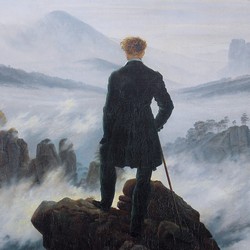
This lied was composed by Franz Schubert in october 1816 for voice and piano. The publication was orderded by Cappy and Diabelli in the 29 may, 1821. Dedicated in “respet” to Johamm Ladislaus von Pyrker, Venice patriarch. The poem was written by Georg Philipp Schmidt von Lübeck and belongs to Op.4, that groups together 3 lieders: Der Wanderer, D.493; Morgenlied, D.685 (poem by Zacharias Werner) and Wandrers Nachtlied I, D.224 (poem by Johann Wolfgang von Goethe)
Last week of July and last post written by an student from the Master's Degree of Lied-ESMUC. Leyre Sáenz de Urturi tells us about Der Wanderer, D. 493 by Franz Schubert; she chose to share a recording with Dietrich Fischer-Dieskau und Gerald Moore. Thank you very much, Leyre!
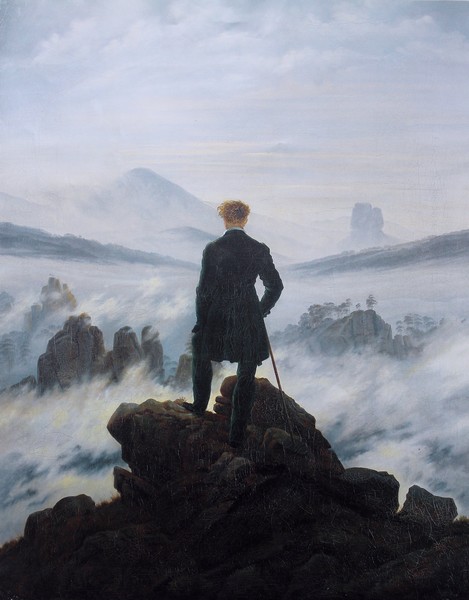
This lied was composed by Franz Schubert in october 1816 for voice and piano. The publication was orderded by Cappy and Diabelli in the 29 may, 1821. Dedicated in “respet” to Johamm Ladislaus von Pyrker, Venice patriarch. The poem was written by Georg Philipp Schmidt von Lübeck and belongs to Op.4, that groups together 3 lieders: Der Wanderer, D.493; Morgenlied, D.685 (poem by Zacharias Werner) and Wandrers Nachtlied I, D.224 (poem by Johann Wolfgang von Goethe)
The poem describes the emotions of a person who feels odd everywhere, and can´t find his land. Wanderer figure had a long history in Europe’s literature and it´s meaning changed depending on the writer. In this case, wanderer means the walker who wanders through the world alone and homeless without direction. However, the writer also could have in mind those who wandered through the countryside feeling alienated and homeless as a result of being displaced due to the population growth during the second half of the eighteenth century, especially in rural areas.
This lied is set in the key of C sharp menor with the tempo marking Sehr langsam, very slow, (? = 63). The sad and dark color of the tone together with the pianistic writing in the first six bars, places our walker in a vaporous and distant atmosphere from the mountains. The triplets of the right hand, in pianissimo, create that atmosphere, without being a rhythmic effect. Whereas, in the writing of the left hand of the piano, we can observe the weariness of our walker, as each accented first round of each compass, is a hard stride of this walker. Moreover, the register used is deep and dark a clear sign of nuisance and devastation.
Schubert tries to imitate the speech of this Walker who goes down the mountain by using a rhythmical writing in the star of the voice. In each sentence the relation between words and music is clear. So that, the 11 compass is written in the lied´s first forte. When the sea roars, with the need to repeat twice and each time with more dynamic and harmonious tension. All of that, accompanied by the marvellous sound of German consonants: the sea roars, braust. But, the foreigner strolls by the noiseless path in the second part, for that reason right hand´s rhythmic draw doesn´t rest. However, it draws the noiseless and fairly happy footbridge to the walker, with a dialogue included in the 18 compass.
In this first section, by the pianistic writing Schubert reaches a great sensation of unity but also of transformation in spite of the triplet walker. Thankful to that in every moment is reflected the sad and worried mood of our protagonist.
He wonders: where? , where? He sighs by the pause despair of the 20 compass and the voices subtle flourish.
With that silence starts the second section which is more calm and descriptive. It is a negative description of the things which makes the walker feel strange everywhere. In addition, due to rhythmical writing´s stop, the sentence of the voice grows more and more.
Etwas geschwinder.Faster, point out Schubert in the new section. Where are you? Where are you loving land? The uncertainly and the devastation for the never discover land, is transmitted in the nervousness draw by the rhythm in the singing and the piano. It isn´t until 41 compass when it is transmitted with a stylistic touch the desire of the long for the land. Oh land, where are you? After a progression harmoniously tense, these dissipated words and the uncertain answer of the piano, we arrive to the summary of the path walked by our foreigner. After the resolution of the appoggiatura in compass 57, it´s created again a path where the question Where? Is repeated but the foreigner can´t find the answer The pianistic writing is again noiseless, together with the beginning of rhythmical pattern. Finally, a ghostly voice talks to him from the distance with a simple and vertical writing “There, where you are not, there is your happiness”. After creating this atmosphere with a deep voice register and longer rhythmical figures, the piano closed the lied with two compasses and his anacrusic breathing as resignation.
Ich komme vom Gebirge her,
Es dampft das Tal, es braust das Meer.
Ich wandle still, bin wenig froh,
Und immer fragt der Seufzer: wo?
Die Sonne dünkt mich hier so kalt,
Die Blüte welk, das Leben alt,
Und was sie reden, leerer Schall,
Ich bin ein Fremdling überall.
Wo bist du, mein geliebtes Land?
Gesucht, geahnt und nie gekannt!
Das Land, das Land, so hoffnungsgrün,
Das Land, wo meine Rosen blühn,
Wo meine Freunde wandeln gehn,
Wo meine Toten auferstehn,
Das Land, das meine Sprache spricht,
O Land, wo bist du?
Ich wandle still, bin wenig froh,
Und immer fragt der Seufzer: wo?
Im Geisterhauch tönt’s mir zurück:
„Dort, wo du nicht bist, dort ist das Glück!“
I come down from the mountains,
The valley dims, the sea roars.
I wander silently and am somewhat unhappy,
And my sighs always ask "Where?"
The sun seems so cold to me here,
The flowers faded, the life old,
And what they say has an empty sound;
I am a stranger everywhere.
Where are you, my dear land?
Sought and brought to mind, yet never known,
That land, so hopefully green,
That land, where my roses bloom,
Where my friends wander
Where my dead ones rise from the dead,
That land where they speak my language,
Oh land, where are you?
I wander silently and am somewhat unhappy,
And my sighs always ask "Where?"
In a ghostly breath it calls back to me,
"There, where you are not, there is your happiness."
(translation by Paul Hindemith)


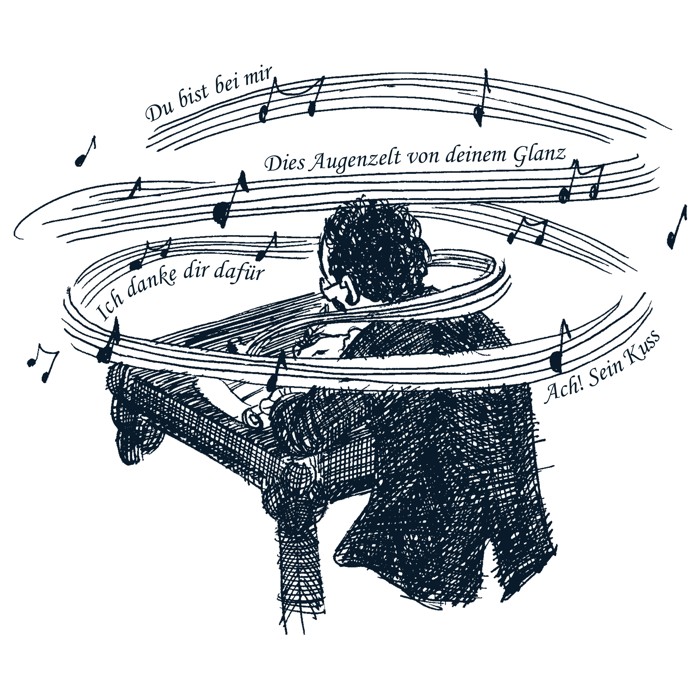

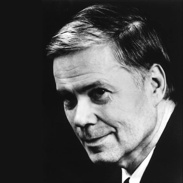



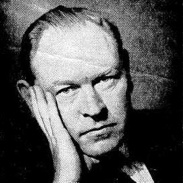

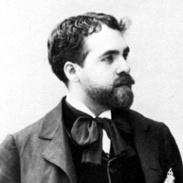








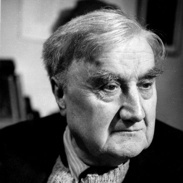



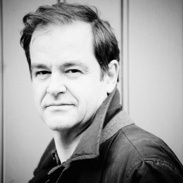

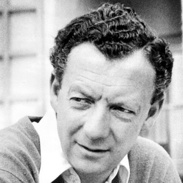


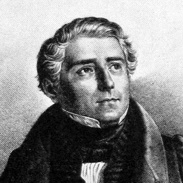




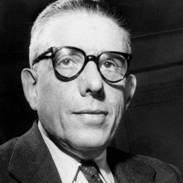
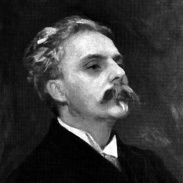

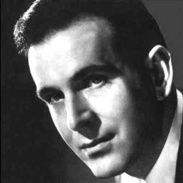
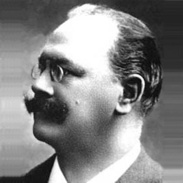
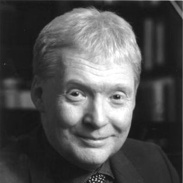
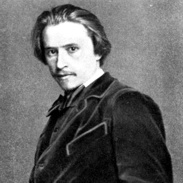


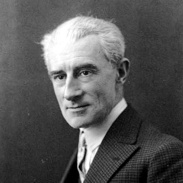

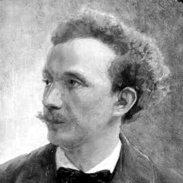
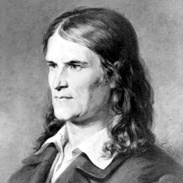

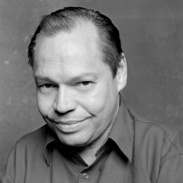
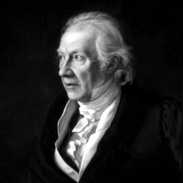






Comments powered by CComment